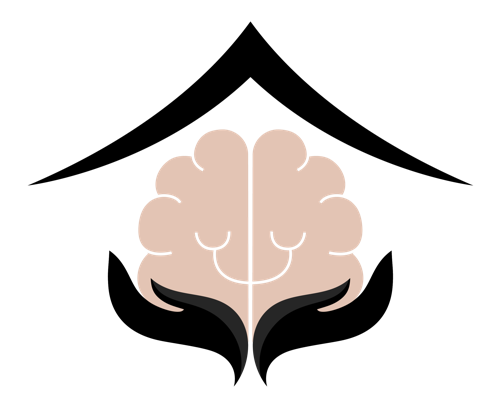Since the 1970s, Ketamine has been approved by the FDA for use as an anesthetic for surgical procedures. However, new research has revealed that low-dose Ketamine can be a powerful tool in treating several mental health conditions, such as depression, generalized anxiety disorder, panic attacks, PTSD, OCD, & more!
So…Why Ketamine?
Chronic stress impairs essential neurotransmitters linked to depression and several other mental health conditions, but Ketamine can reverse this process to reduce symptoms. With its ability to relax the mind and give it some respite from recurring self-limiting thoughts and stores, incorporating Ketamine into a comprehensive commitment to physical and mental health allows patients to regain their sense of hope and potential.
What Can Ketamine Treat?
- Major Depressive Disorder
- Generalized Anxiety Disorder
- Post-Traumatic Stress Disorder
- Obsessive-Compulsive Disorder
- Bipolar Depression
- Substance Use Disorders
- Chronic Pain
The Ketamine Experience
”Ketamine has helped in ways I didn't necessarily expect. It reduced my focus & concern about my issues.
The dissociation is dreamlike - if managed well, the visions can be beautiful & even breathtaking. I've said "wow" on more than one occasion.
I think the lights & vivid colors that we see during a session are the light within our souls. While it sometimes dims in our reality, ketamine recharges it. Brights it, brights us.
Is Ketamine Safe?
Ketamine has an extensive safety record; it has been used at much higher doses for surgical anesthesia and has the benefit of not causing respiratory depression. As with any other medication, there are also some potential side effects to be informed of and consider. The most common physical side effect is short-term blood pressure and heart spike, which may be a risk to those with heart disease. Other possible side effects include nausea, vomiting, dizziness, lightheadedness, sedation, impaired balance, and coordination.We have designed our protocols and patient instructions to minimize ketamine’s adverse side effects.
How about the potential for abuse and dependence? Ketamine is considered a Schedule III controlled substance. Medical evidence regarding the issue of drug abuse and dependence suggests that ketamine’s abuse potential is relatively low but does occur in people who obtain it illegally. Ketamine does not cause withdrawal symptoms, but individuals with a history of heavy use of substances have reported cravings. For these reasons, ketamine should only be administered as prescribed. Safe Haven Health uses the lowest dose and frequency needed to obtain a robust response. Under these conditions, the risk of abuse or dependence on ketamine is next to nil.
So…How Does Ketamine Work?
Mental health conditions affect the brain in a myriad of ways, and ketamine is proving to be a valuable tool in treating them. Ketamine works biologically by blocking N-methyl-D-aspartate (NMDA) receptors that receive glutamate, an essential neurotransmitter involved in learning and memory. In this way, it disrupts typical patterns of neural communication and can stimulate the production of new neuronal connections. This rewiring of neural pathways can lead to lasting mood and behavior changes associated with improved mental health outcomes.
Low-dose Ketamine has been found particularly effective in alleviating symptoms of depression and anxiety. It relaxes the mind and helps break out of cyclical self-defeating thoughts, as well as restoring lost neurotransmitters that have been depleted from stress. With its ability to reduce symptoms and rebuild strength, ketamine therapy is becoming increasingly popular for those suffering from mental health issues.
It’s essential to note that ketamine therapy should only be incorporated into a large commitment to physical and mental well-being. Without taking steps towards long-term care and addressing underlying causes of depression or anxiety, any results achieved through ketamine will only be temporary.
